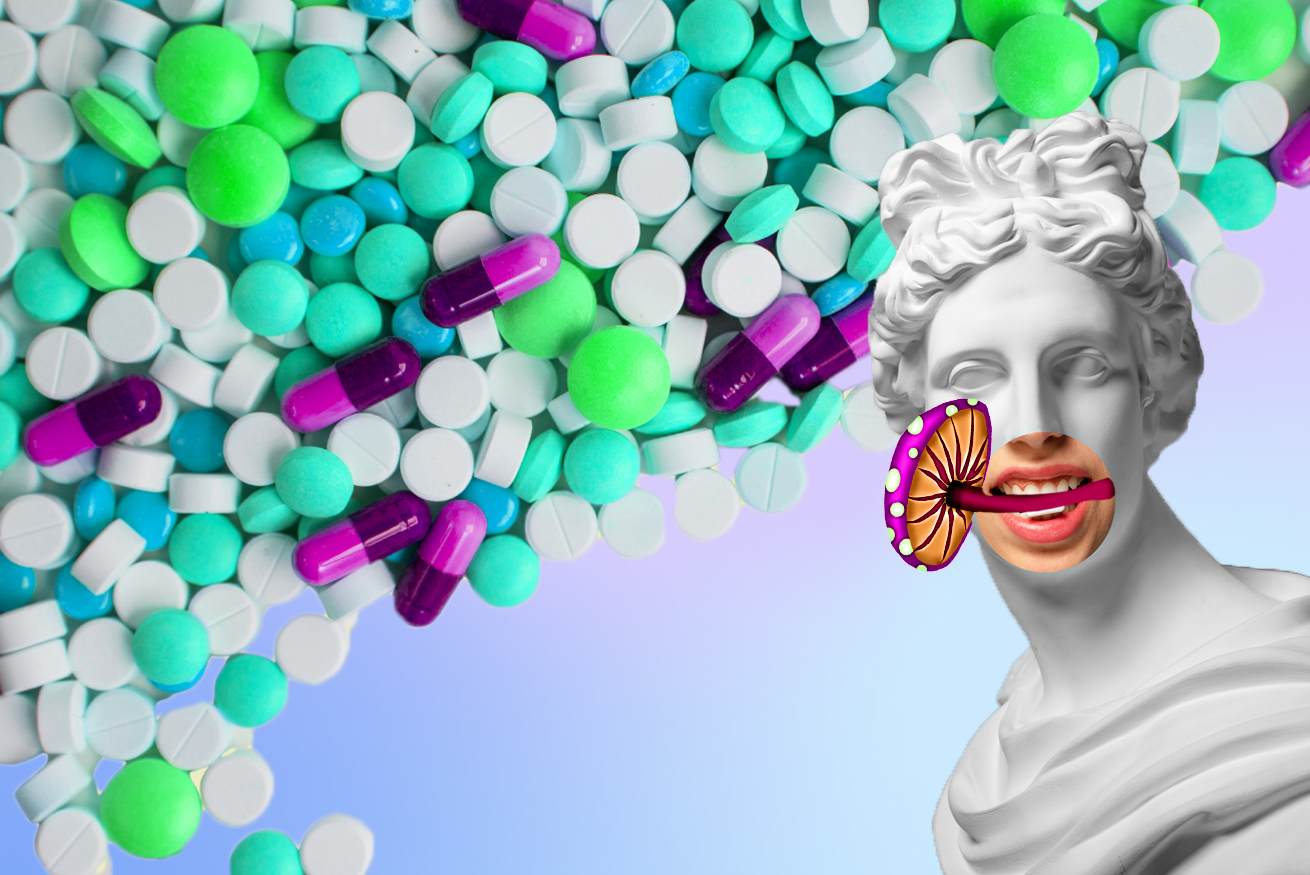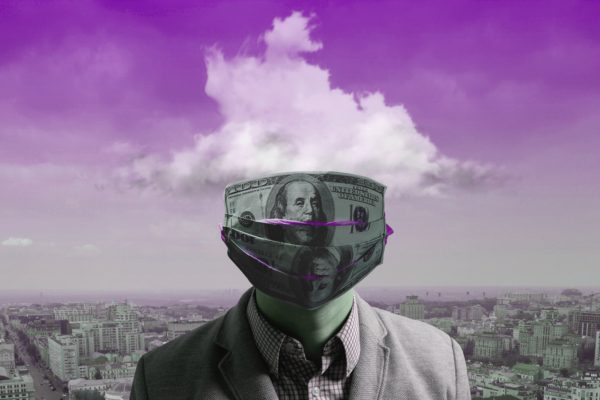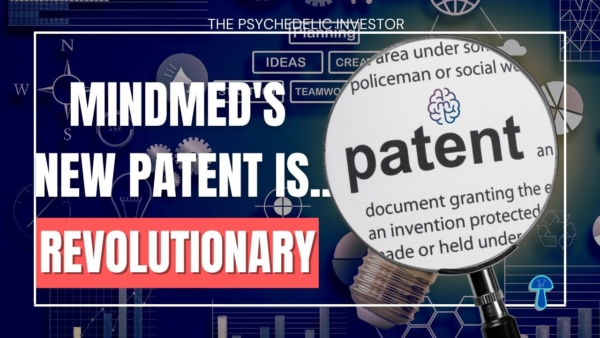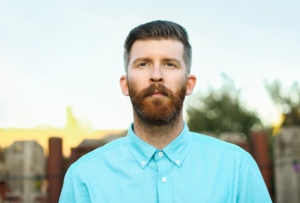
A hotly debated subject in our current psychedelic renaissance is whether microdosing works, or if its supposed benefits are due solely to the placebo effect. In other words, are the hundreds of thousands of people who take sub-perceptual, non-hallucinogenic doses of LSD and psilocybin actually improving their mental health and creativity, or are they seeing benefits simply because they expect to see them? The only way to unpack this mystery is through properly controlled microdosing clinical trials.
While many major self-reporting studies conclude that positive effects are measurable, as James Kent writes in The Sloppy Science of Psilocybin Microdosing Surveys, by lacking controls such as a blinded placebo and a standardized dose, their results are not enough to say that microdosing is actually effective.
Likewise, the limited data that we do have from placebo-controlled trials is —at best— inconclusive. Though we have a few placebo-controlled microdosing studies, they often find that while participants do see boosts in mental health, so do those in the placebo groups. This suggests that the anecdotal benefits stem from people’s belief that a microdose will help them, rather than a chemical effect of the psychedelic itself.
That being said, the door has not yet shut on microdosing for health benefits. The data we have is limited, and more study must be done before we can conclude one way or another. Luckily, our lack of data will soon be rectified, as at least a dozen blinded, placebo-controlled psychedelic microdosing clinical trials have commenced or are planning to start in the coming year.
In this article I will take a look at three such trials that I find interesting.
LSD Microdoses to Treat Adult ADHD
In December 2021, the company MindMed announced that their Phase 2a trial testing treating Adult ADHD with LSD microdoses was beginning to recruit participants. This will be the first-ever Phase 2 trial attempting to treat ADHD by microdosing a psychedelic.
If the positive effects of LSD microdosing are real, then ADHD is a great condition to test their effects on. Many of the areas that adults with ADHD struggle with are the exact areas that microdosers claim are improved by consistent, very small doses of LSD. For example, many argue that LSD microdoses can improve focus, attentiveness, and mood. It is easy to see how, if true, this could be a great benefit to those with ADHD.
Particularly exciting is the potential to get people off their current medications. These are usually stimulants, which can often be addictive.
This trial will enroll 52 adults with ADHD, who will receive 20 micrograms of LSD or a placebo twice a week for 6 weeks. The trial’s primary aim is to measure the change in ADHD symptoms, as compared to the placebo.
We should expect preliminary data on this trial sometime in the second half of 2023.
LSD Microdoses to Reduce Anxiety and Depression in Cancer Patients
In March, the company MindBio Therapeutics announced that by the end of this year they will commence their Phase 2 trial attempting to alleviate anxiety and depression in advanced cancer patients using LSD microdoses.
This is important, as when someone receives a life-changing diagnosis such as cancer, we often forget about their mental health in our quest to improve their physical health. Those who learn they have a potentially terminal illness often feel acute anxiety and depression, which can actually hurt the potential for a recovery.
This study is exciting, as while we have evidence that large doses of psilocybin can help reduce anxiety at the end of one’s life, we don’t know whether microdoses could also work.
As of now, we don’t have too many details on the trial, though we do know participants will take small LSD doses once every three days.
While we are waiting for this trial to start, MindBio is also finishing the last touches on their Phase 1 LSD microdosing study, testing the safety of the practice. We should be getting results for that sometime in the next year.
Psilocybin Microdoses to Treat Persistent Depressive Disorder
In January, psychedelic company Filament Health announced that in collaboration with the University of Toronto, they were launching a Phase 2 psilocybin microdosing clinical trial, attempting to treat Persistent Depressive Disorder. Scheduled to start dosing patients sometime in the third quarter of this year, this trial will be some of the first evidence we see regarding microdosing as a treatment for depression.
If psilocybin microdosing could effectively treat depression, it would be massive news for the 13% of Americans who take an antidepressant. Though drugs such as SSRIs work for many people, they don’t work for everyone, and we need solutions that work for those left behind. Plus, SSRIs can carry side effects that too many find untenable.
This trial will have 50 patients with Persistent Depressive Disorder, half of whom will receive 2mg of psilocybin and half of whom will receive a placebo, once a week for 4 weeks. After this segment of the trial is over, all participants, including those originally in the placebo group, will receive the treatment for an additional 4 weeks.
We should receive data sometime before the end of 2023.




